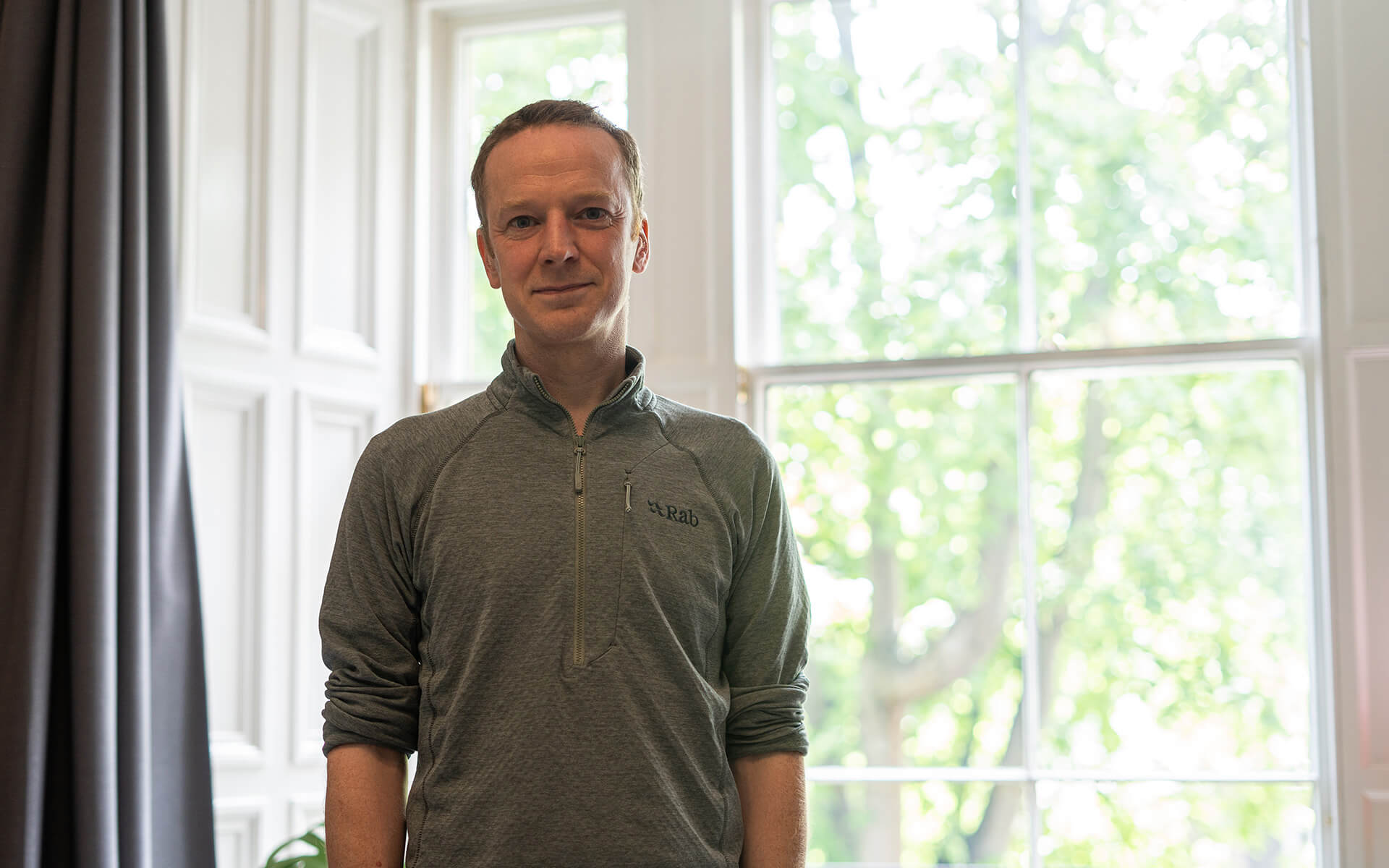2021 Winner
Dr Kenneth Baillie
Leading light in the fight against Covid-19, heading up vital studies and contributing to the trial which found the first effective treatment.
Critical care specialist Dr Kenneth Baillie leads a lab at the University of Edinburgh’s Roslin Institute. For the last 20 years he has focussed his research on better care for seriously ill patients and how genes can play a part in response to infection.
Prior to the pandemic, he worked with the World Health Organisation on swine flu, MERS, Ebola and sepsis, but turned his attention to Covid-19 early last year.
Dr Baillie led the UK-wide, ground-breaking GenOMICC study, which showed that there are genetic associations with critical Covid-19. Those with particular genes were more likely to get it badly, suggesting new treatments that are likely to help and are now being tried. He also co-led the ISARIC 4C study which identified risk factors for the disease such as obesity and diabetes, and created a prognostic score which is used in hospitals all over the world.
Crucially, he contributed to the set-up and delivery of the RECOVERY trial, which found the first effective treatment, a steroid called dexamethasone and has gone on to find a further two treatments.
Dr Baillie, who also works as an intensive care consultant at Edinburgh Royal Infirmary, said: “I’m honoured to receive this recognition, but really it is a team of thousands of people across the country who have done the research that’s being recognised. The response from everyone, researchers, lab staff, clinicians and support teams, has been inspiring. Even when we were overwhelmed with patients, research teams in hospitals continued to enrol patients in GenOMICC, ISARIC4C and RECOVERY. As a direct result we now know more about Covid than we know about problems we’ve been studying for decades, such as sepsis and flu.
“We all still have a lot of work left to do and we’re still seeing people die of Covid in ICUs across the country. But we’ve shown that we can turn Covid into a treatable disease. Our new understanding of the genetic mechanisms of the disease points us towards several new potential treatments. And hopefully we can do the same for other devastating causes of life-threatening infection, after Covid is controlled.”

